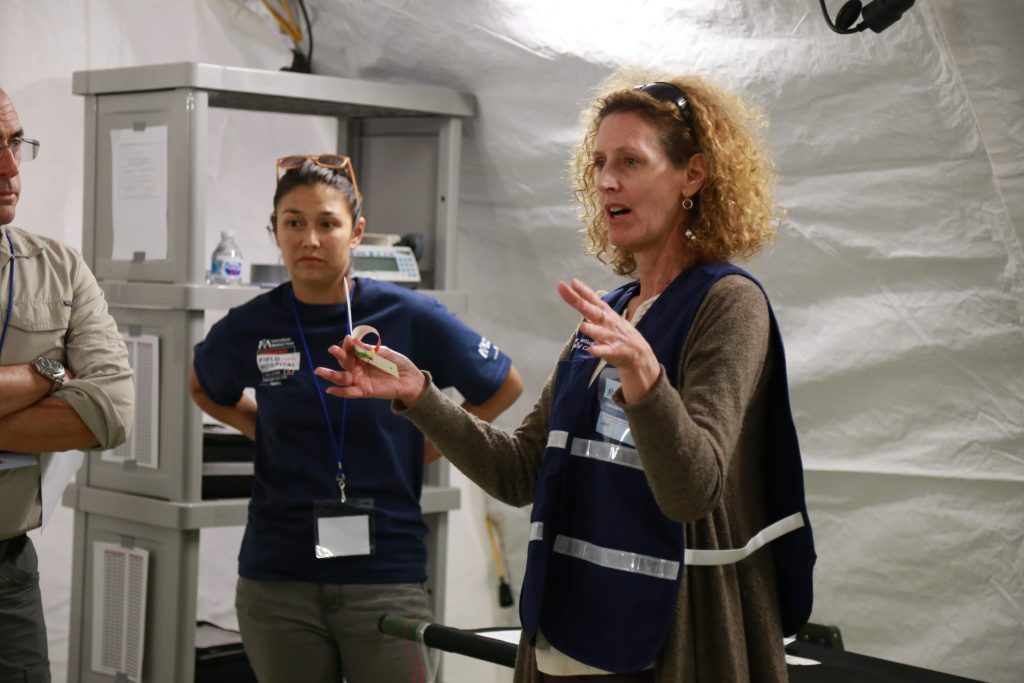There is enough food in the world to feed all of us–and yet 124 million people went hungry in 2017. Compared to fighting mysterious viruses or incurable diseases, health improvements through proper nutrition can be remarkably quick. Yet children die from malnutrition day after day. Speaking with Suzanne Brinkmann, Senior Nutrition Advisor for International Medical Corps, one quickly gets a sense of how maddeningly simple the solutions can be and yet how stubbornly elusive they remain.
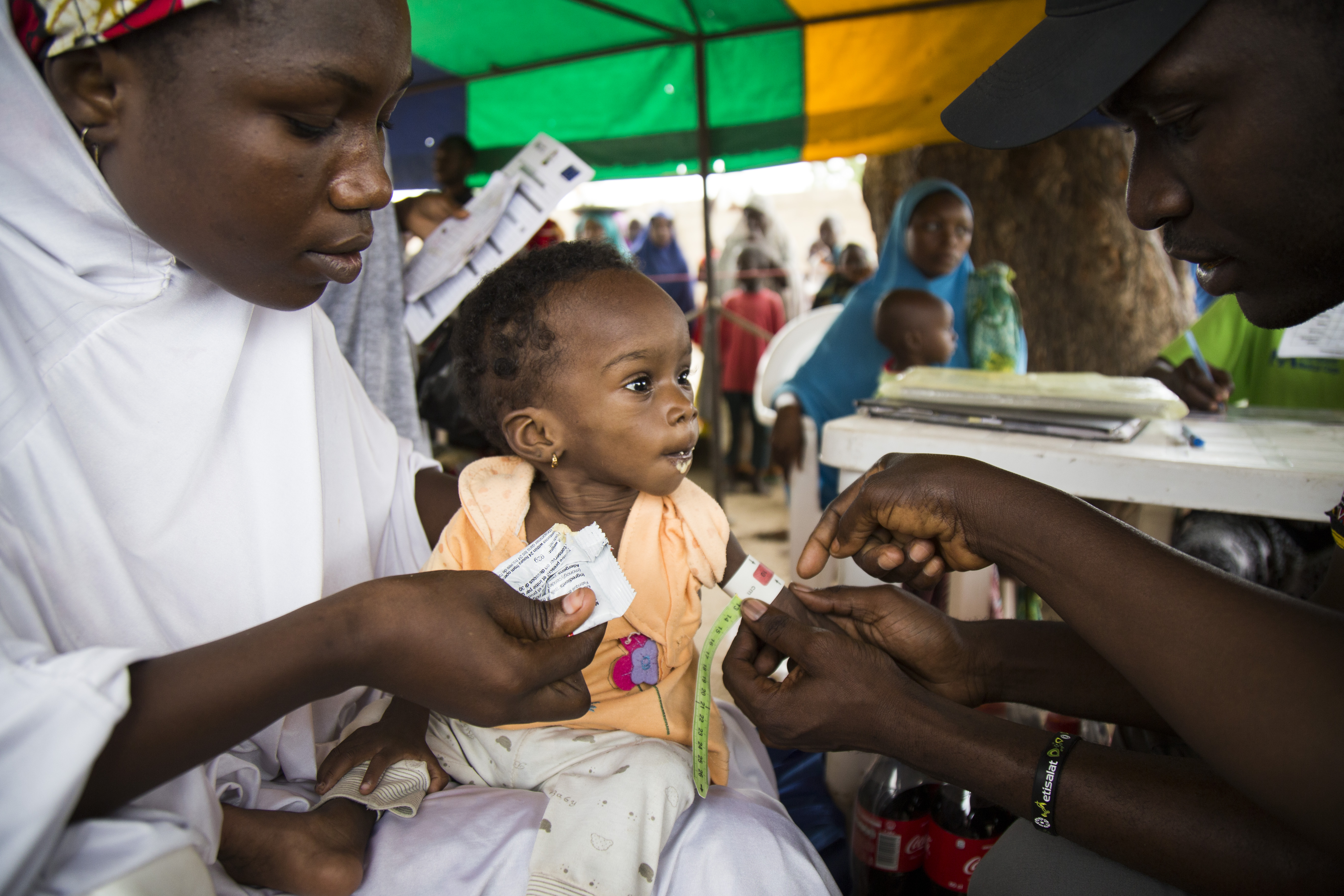
“It can be tough some days, especially when you lose a child,” Suzanne says with evident pain. “But on good days, you see all the improvements of a child who has come into a stabilization center needing intensive care and improving dramatically over the course of even a matter of days…” Her voice brightens. “It feels really great.” Then she pauses and sighs, her voice dipping again. “But it can also feel really awful knowing the conditions the child is returning to and that—unless there are interventions with food security and water and hygiene and health care—we’re just spinning our wheels.”
She sighs again. “So I hit those highs and lows every day.”
Suzanne has been a global nutrition specialist for 15 years, working mostly in Africa and a bit in the Middle East. She got into the work after visiting a refugee camp in Kenya housing Somali refugees and witnessing the extreme nutrition needs there. Why this? I ask her. Again, she references the acute needs and the relative speed at which they can be met: “Because you can see how quickly you can have an impact with the proper nutrition and care practices and access to health care.” In other words, preventing death by malnutrition is not rocket science—but the international community has yet to treat it with the same urgency of its space race.
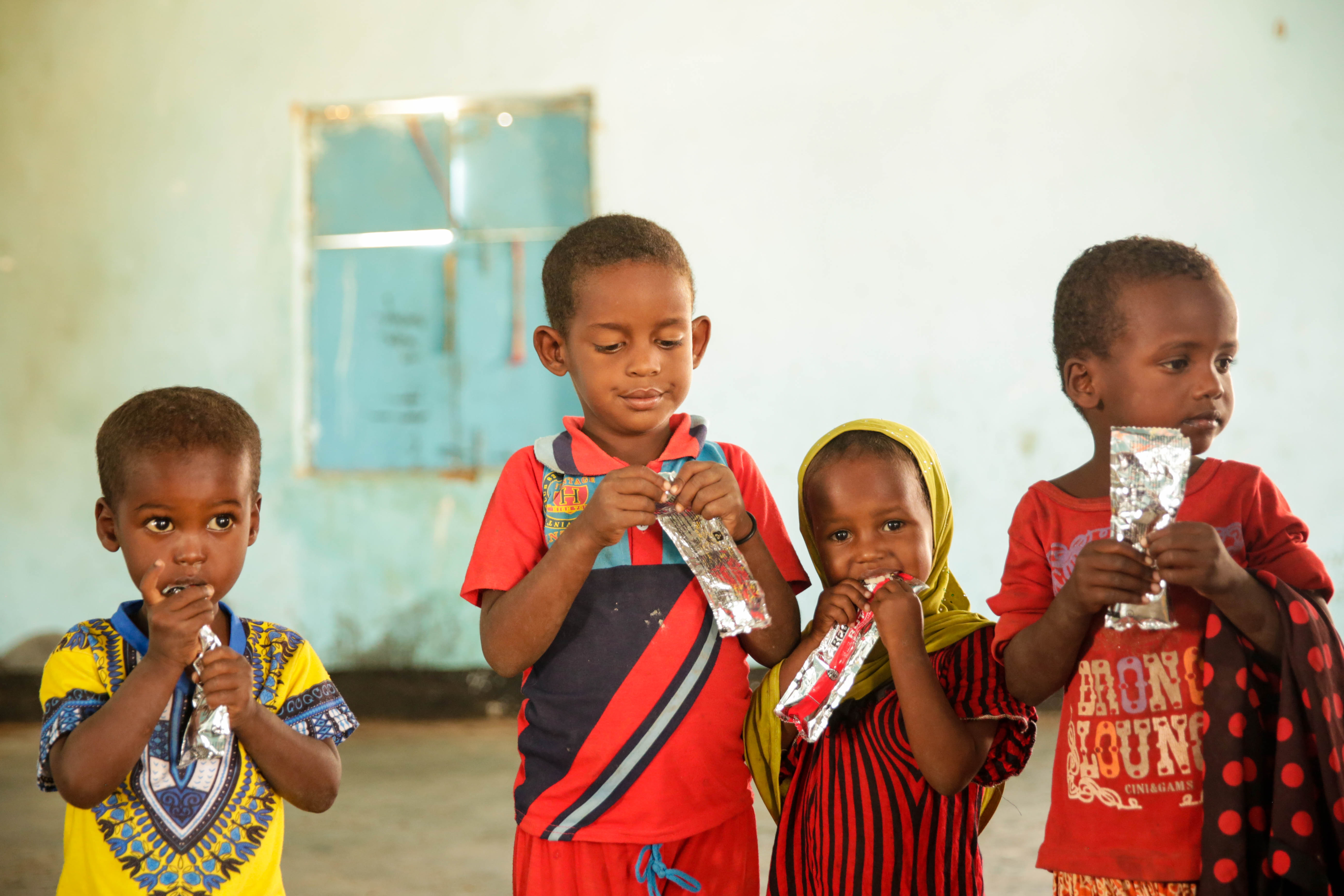
Conflict, population displacement, climate change and political instability all play a part in exacerbating food insecurity globally, but solutions to those must come at a very high level. Meanwhile, says Suzanne, “We keep putting band aids on wounds”—for the sake of every individual life we have the power to save. International Medical Corps focuses on acute malnutrition, which is curable through medical intervention, by integrating programs into existing health centers that treat patients with nutrient-dense food supplements like Plumpy Nut and systematic antibiotics for underlying infections. For serious conditions, we admit patients to 24 hour care until they are stabilized, then discharge them to outpatient programs for follow-up.
But the truly heartbreaking complications lie in the intimacy of human development—namely that the immune systems of growing children are not yet fully formed, leaving them particularly vulnerable to infections. Suzanne repeatedly stresses the role that breastfeeding plays in all this. If a child does not receive breast milk—chock full of essential immune components—from birth to the first six months of life, its immune system can be irreversibly compromised. But women often feel that they can’t or don’t breastfeed during a crisis—when they are on the run, hungry themselves and chronically stressed.
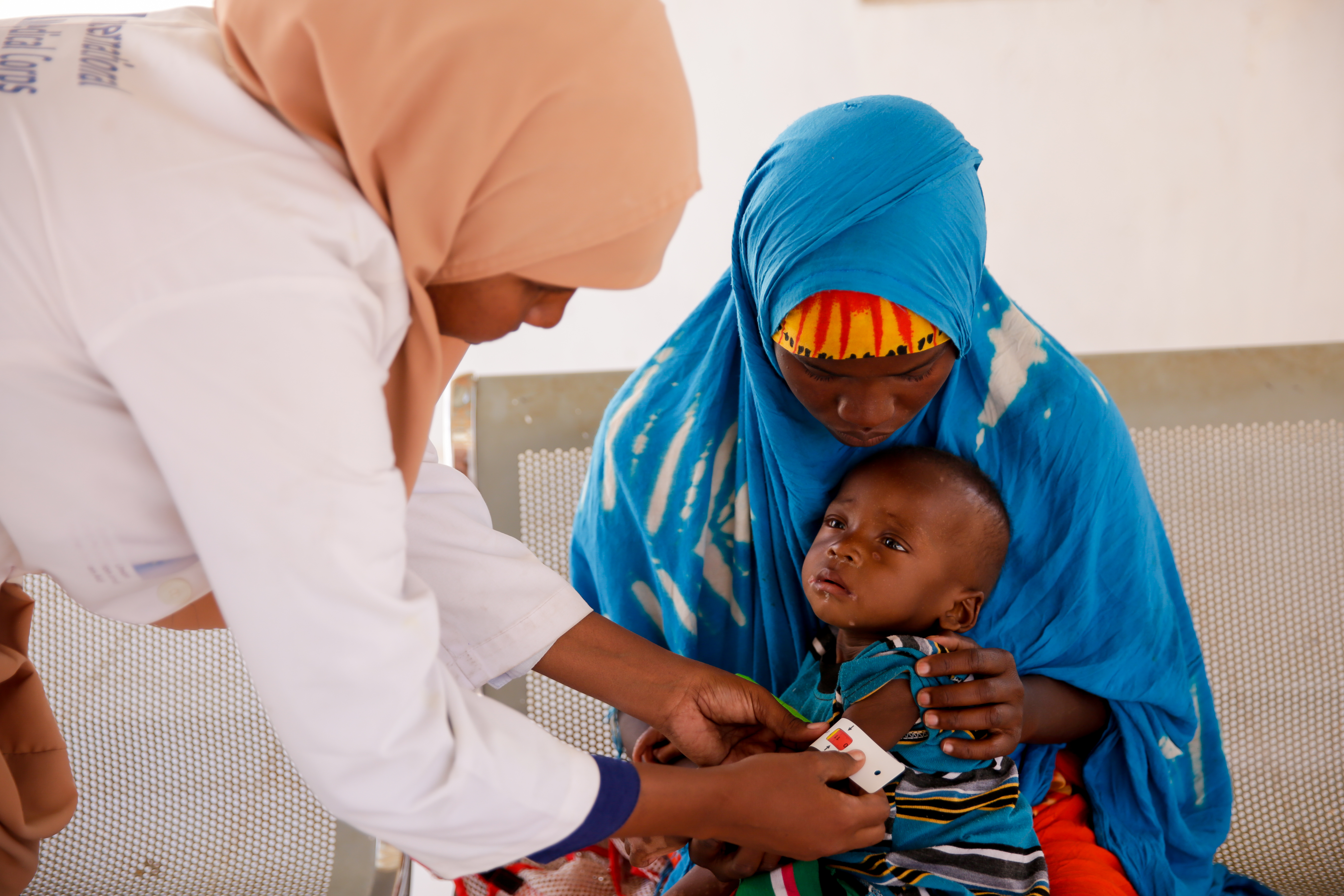
Further, Suzanne points out, in every disaster “there’s an influx of people pushing formula on the crisis.” Formula, always the lesser option, becomes deadly in an emergency when mixed with dirty water in un-sanitized bottles. Flooding crisis settings with baby formula is “frequently done with a good heart, but creates a massive increase in child deaths.”
This makes prevention and education critical. International Medical Corps educates communities on the need for exclusive breastfeeding for the first six months of life, followed by safe and complementary feeding while breastfeeding continues. We also work with governments to put policies in place that protect women’s right to breastfeed, while training counselors and midwives to help women get breastfeeding again when a crisis has interrupted it. Suzanne recalls seeing a grandmother start breastfeeding her daughter’s infant when the daughter died, and was touched by “how hard this woman worked to make sure she could feed and nourish the baby.”
I ask Suzanne what it is about motherhood that make her so passionate. She says:
“I think it’s the right of every woman to be able to care for her child the best way possible and most women all over the world really want the same thing. When a woman is able to make sure that her child is taken care of – well-fed and nourished and educated—you can see her feeling proud and okay in spite of whatever circumstances are around her. Knowing how normal that is around the world and how we all want the same things… Why wouldn’t you try to ensure that?”
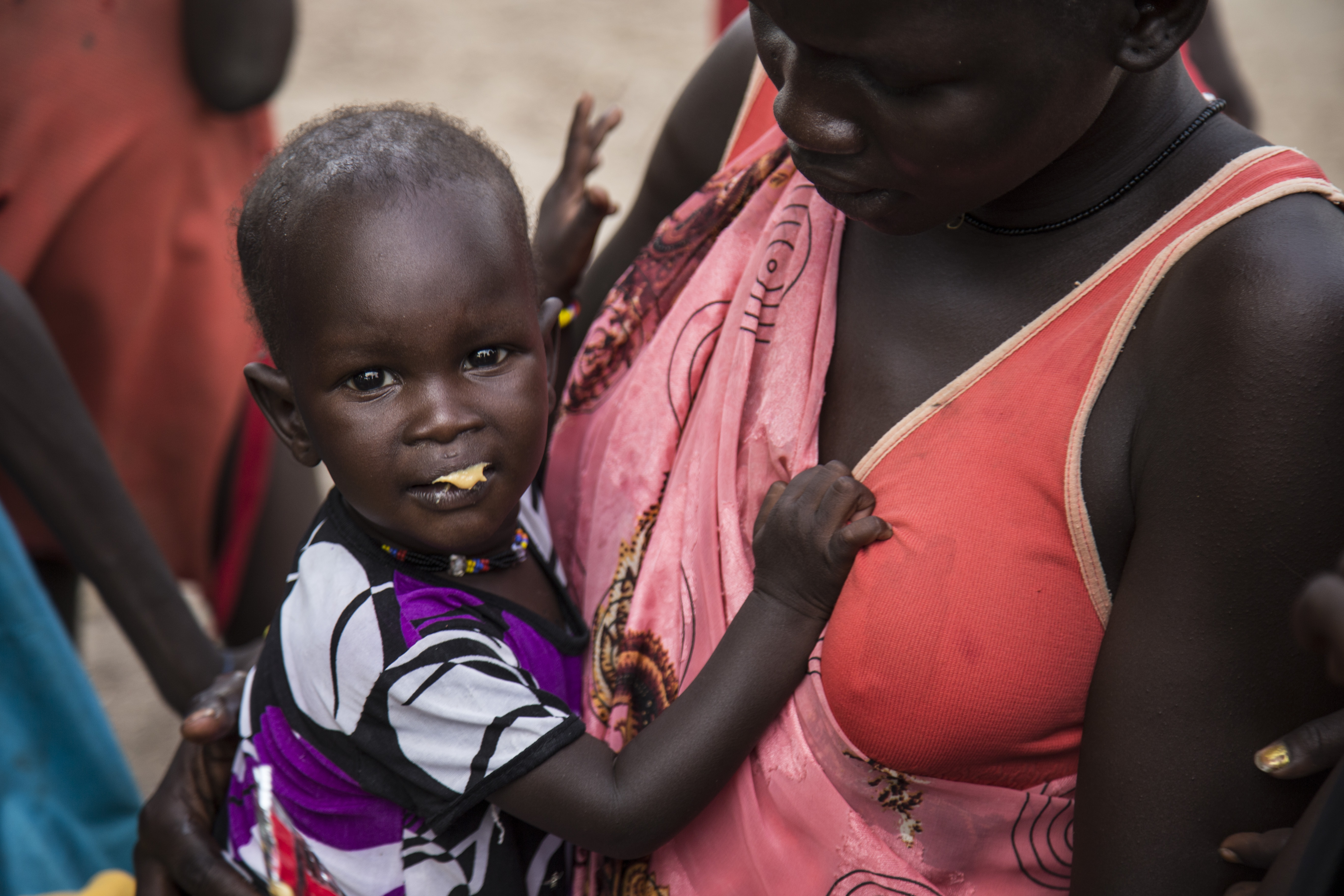
Still, there are those highs and lows and the extremes of malnutrition that we have all seen in photographs but Suzanne has faced up close. She says that visiting the places where International Medical Corps works and seeing how people respond to our services is what keeps her going: knowing that “this does work in spite of the hardships.” When she references “all the linkages between us,” I marvel at the simultaneous simplicity and elusiveness of trying to fix the broken links. “It’s true,” says Suzanne. “When you see them as humans, you know you need to keep trying.” So up and down and forward she goes.
